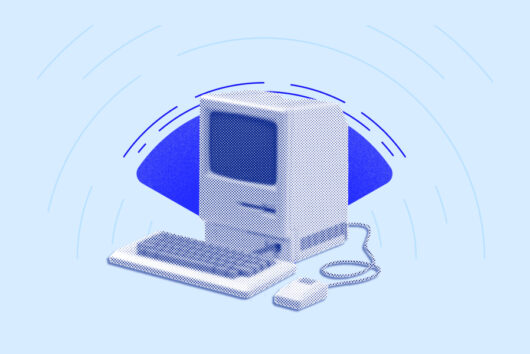A software engineer’s 8,000 lost Bitcoins, and his plan to get it back

What happens when you bin the password for a wallet containing 8,000 Bitcoins? You ask the town council if you can dig up the landfill where it’s buried, of course.
One evening in August 2013, James Howells, a Welsh software engineer, emptied out his desk drawers in his office, finally. Binning appliances and paperwork that over the years have become clutter and were taking up space – a broken mouse, some cables, paperwork, and two old discarded hard drives from his laptop. The one hard drive was empty and useless, the other wasn’t. Into a rubbish bag it all went, except for one of the hard drives.
Howells, coming from a technology background, heard about Bitcoin shortly after its creator(s) Satoshi Nakamoto released the Bitcoin white paper in 2009. Using his laptop, Howells set up a mining rig, one of the first five on the network, and mined Bitcoin on and off for a few months until the computing power required to mine the cryptocurrency took a toll on his equipment. He eventually abandoned his efforts but not after ending up with 8,000 Bitcoins as a reward. In the early days of Bitcoin, it was possible to mine this many blocks using limited power, but as it were, the coins were worthless.
Moving mountains
He was haunted by an uneasy feeling following the office spring clean in 2013, as he recalled in a 2021 profile written by the New Yorker. When the BBC ran a story about a HODLer buying an apartment with Bitcoin a few months after chucking the hard drive and the rest, Howells realised the source of his anxiety. The hard drive now in the landfill turned out not to be the empty one, but the one that contained the keys to his Bitcoin wallet, which, by this time, was worth millions. When he spoke to the New Yorker eight years later, his Bitcoin wallet contained coins to the value of hundreds of millions of pounds.
The thing is, the hard drive with his keys was at the bottom of a landfill that could fit 15 football pitches, but Howells was prepared to go digging. “The amount of rubbish is finite. The object is findable,” he told D.T Max of the New Yorker. But you don’t just dig up a landfill without permission from the authorities, who, nine years later, are yet to give him the green light to go in with the help of excavators and look for what amounts to a needle in a haystack. The environmental risk of digging up a landfill is too great, the council says. In the meanwhile, two venture capitalists are waiting in the wings to release funds for the search for Howells’ millions, but not until the council gives the go-ahead.
Send in the robotic dogs
The Howells drama again made news recently. He has assembled a team of experts from various fields, including AI-powered sorting, landfill excavation and waste management, for a hail Mary pitch to the council of Newport in Wales. The idea is to find electronic waste and get it into a skip, from where it would be set out on a conveyor belt. A robotic arm and AI technology, programmed to look for colours and shapes similar to the type of hard drive in question, will then sort through the rubbish. Then there are also the robotic dogs, built by Boston Dynamics, that would patrol the landfill for anything resembling a hard drive. If, the council says yes.
“It’s a story that goes from the incredibly mundane to the colossal,” Richard Hammond of Top Gear fame told Business Insider after his recent piece, for What Next, about Howells’ dress rehearsal for his pitch to the council. “If I were in his position, I don’t think I’d have the strength to answer the door.”
Exchanges and crypto platforms have long since taken over the role of playing custodian to investors’ coins, but many diehards still choose to hold the keys to their crypto wallets. Howells’ is a hard lesson about the inherent dangers of Bitcoin self-custody. If you lose your keys, your crypto’s gone. Forever.
“Running a landfill site you get used to lots of people losing lots of things,” said Gwyn Jones, a former employee at the landfill. Howell is expected to plead his case before the council in the next few weeks.
Check out the Luno learning portal to learn more about how Luno keeps your cryptocurrencies safe.
 Discover
Discover Help Centre
Help Centre Status
Status Company
Company Careers
Careers Press
Press

